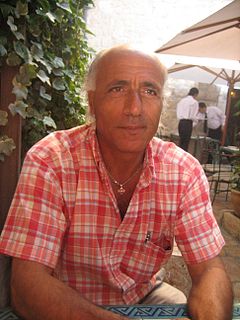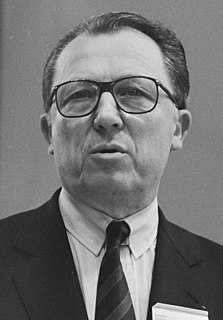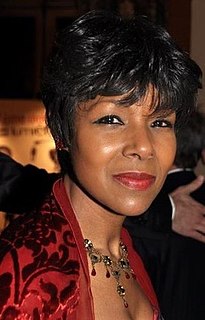A Quote by Claudia Rankine
As African-Americans, that's what's being played fast and loose with, our citizenship. When you have the Trayvon Martins and the Michael Browns being shot and killed, it's because, on a certain level, there is a kind of mutability in the understanding of citizenship around the black body.
Related Quotes
We're being overrun by people who live in poor and corrupt countries who come to the USA to get work. But we got to regain our sovereignty, we're going to control our border, and there will be border security tied to the pathway to citizenship. There will be an earned pathway to citizenship. It will be available to everybody who works hard, pays a fine, passes a background check.
You know, when Trayvon Martin was first shot I said that this could have been my son. Another way of saying that is Trayvon Martin could have been me 35 years ago. And when you think about why, in the African American community at least, there's a lot of pain around what happened here, I think it's important to recognize that the African American community is looking at this issue through a set of experiences and a history that doesn't go away.
When there are deportations, you better believe there are families involved - there are parents being separated from their children. It doesn't reflect our values as Americans, and I don't think it fixes the issue. I think there would be a lot of advantages to creating paths to citizenship for people who are already working here so they are contributing to our economy.
One of the revelations in that book [Lincoln in the Bardo] for me was this idea about citizenship. Even that word - citizenship - for someone my age, it makes me cringe. But, to me, the political space we're in now argues for a reboot of fairly simple ideas and the examination of the way that Americans have not been living into them.
When African-Americans come to France, the French show them more consideration than they would show an African or a Black Caribbean. When African-Americans come to France, the French people are like, 'Oh, wow. Oh my God.' But if it's an African, they're like, 'Whatever.' It's all because of the past, because of our history.
In great cities, spaces as well as places are designed and built: walking, witnessing, being in public, are as much part of the design and purpose as is being inside to eat, sleep, make shoes or love or music. The word citizen has to do with cities, and the ideal city is organized around citizenship -- around participation in public life.






































